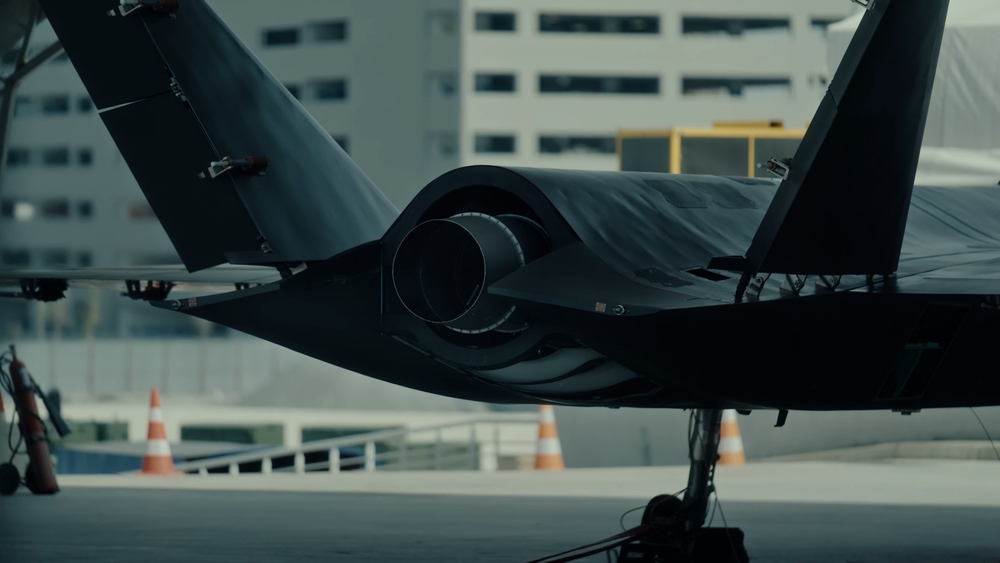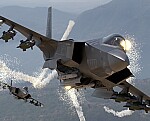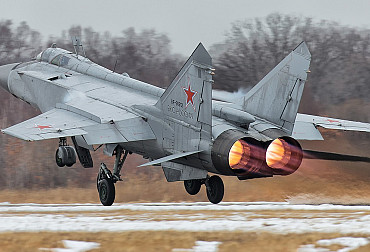From UAVs to F-35 components: Baykar’s game-changing purchase of Piaggio Aerospace
Turkish defense firm Baykar has secured approval from the Italian government to acquire Piaggio Aerospace, marking a significant step in Baykar’s strategy to strengthen its presence in the European Union. The acquisition promises a fresh start for the Italian aviation giant, which has struggled for years without a clear future.

“The relaunch of the company is guaranteed, with a clear and ambitious industrial vision,” said Italian Industry Minister Adolfo Urso in a statement. “After six years of waiting, we are giving Piaggio Aerospace a future, a strategic asset for our country, with a long-term production perspective, safeguarding corporate complexes and workforce.”
While the exact financial details of the deal have not been disclosed, Baykar outbid two other offers for the company, demonstrating its commitment to securing this strategic acquisition.
Piaggio Aerospace’s Legacy and Synergies with Baykar
Founded in 1884, Piaggio Aerospace is renowned for its design, development, and manufacturing capabilities in aircraft, unmanned aerial vehicles (UAVs), and engines. The company also offers maintenance, repair, and overhaul (MRO) services. Among its notable projects are the P.1HH HammerHead and P.180 Avanti UAVs, which align closely with Baykar’s expertise in UAV development, including its globally recognized Bayraktar drones.
Caglar Kurc, a defense analyst and assistant professor at Abdullah Gül University, highlighted the strategic advantages of the acquisition. “It makes sense for Baykar to buy an Italian company. This will provide access to European markets, but also access to EU-funded projects,” Kurc said. He added that the move could safeguard Baykar’s business interests in Europe, particularly in the event of political tensions between Turkey and the European Union.
Potential Reconnection to the F-35 Program?
The acquisition also raises questions about Turkey’s potential indirect reentry into the F-35 program, from which it was ousted in 2019 following its purchase of Russian S-400 air defense systems. Piaggio Aerospace has a history of involvement in the F-35 project, having been selected in 2004 by Pratt & Whitney to produce components for the F135 engine used in the aircraft.
Although a full return to the F-35 program seems unlikely as long as Turkey retains the S-400, Kurc noted that Baykar, through its ownership of Piaggio, could potentially reestablish itself as a supplier within the program. “Baykar, through Piaggio, becoming a supplier to F-35 [is] pretty interesting to watch,” he remarked.
Pratt & Whitney has not commented on whether Piaggio’s acquisition by a Turkish firm will impact its role in the F135 production line.
Strategic Implications for Baykar and Turkey
This acquisition represents a bold move by Baykar to bolster its position in the European defense market. By acquiring Piaggio Aerospace, Baykar gains not only access to advanced aviation technology but also a foothold in EU-funded projects and the broader European market. This move also underscores Baykar’s ambition to diversify its partnerships and reduce reliance on any single market or region.
As the geopolitical landscape continues to evolve, Baykar’s acquisition of Piaggio Aerospace signals a calculated effort to navigate complex political and economic dynamics while pursuing growth opportunities in the global defense industry.








